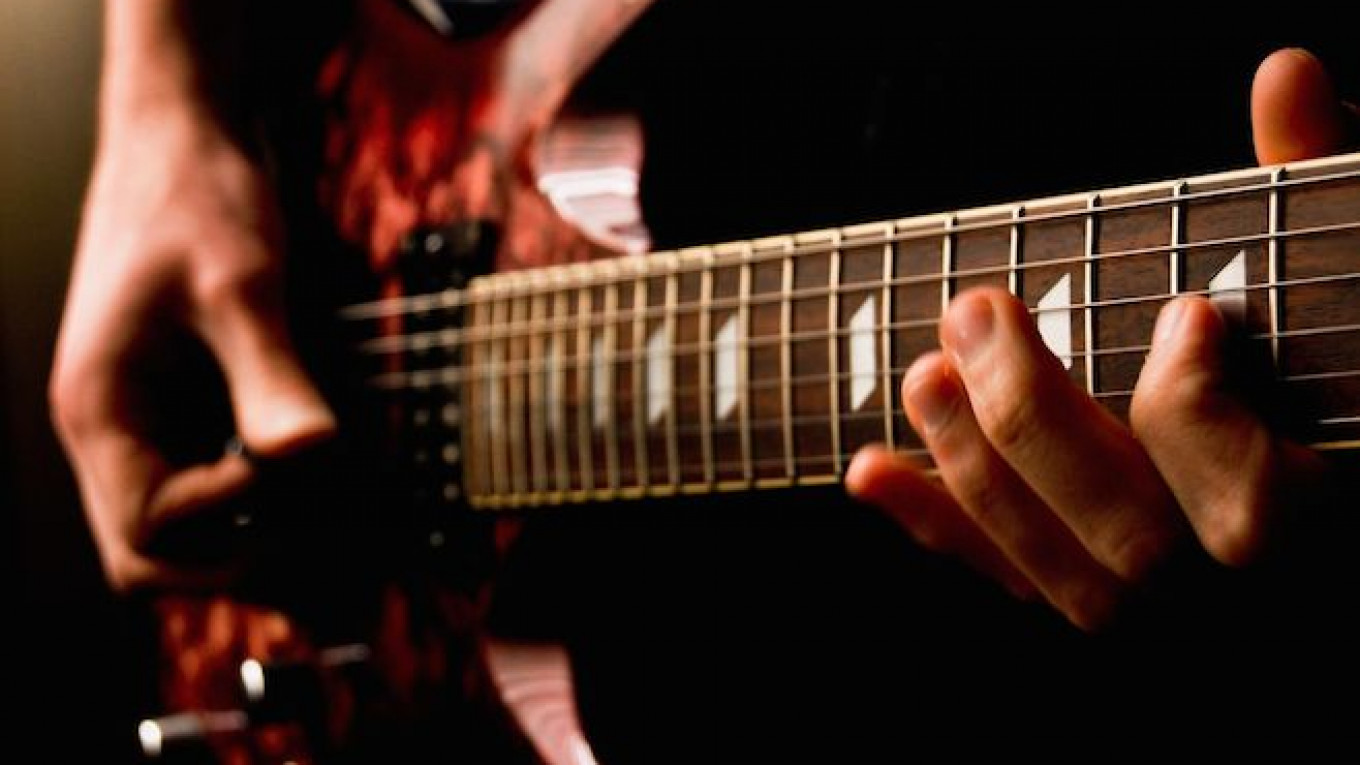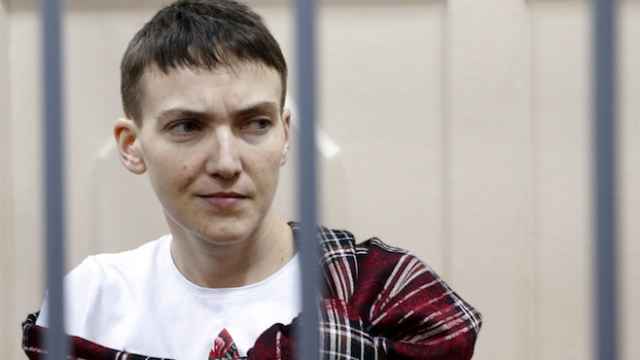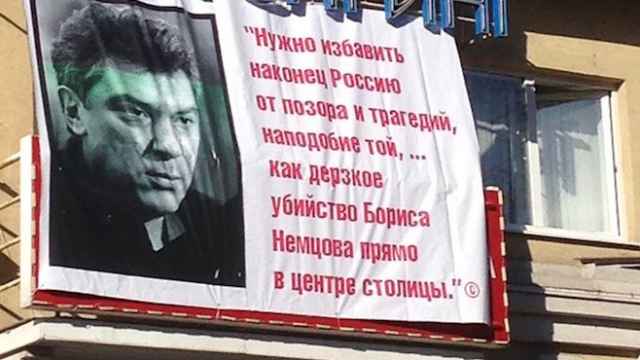There are signs of "violence and intolerance" in songs by two long-standing Russian metal bands, a court in Russia's Far East said Monday, adding that it had filed a claim with the Justice Ministry seeking to have the tracks included on a federal list of extremist materials.
The court examined the lyrics of songs by nationalist rock group Kolovrat and legendary thrash metal band Korroziya Metalla ("Corrosion of Metal") led by heavy metal icon and aspiring politician Sergei “Spider” Troitsky on the request of prosecutors.
“The recordings contain calls to violence and intolerance against members of non-Indo European races, calls to overthrow the current authorities, and they justify the murder of top officials of the Russian Federation,” the Blagoveshchensk City Court said in a statement posted online.
Russia has seen a recent crackdown on extremism by law enforcement bodies, which some experts say is designed to intimidate media outlets and restrict cultural freedoms.
The songs — the court did not specify which ones — were uploaded to the popular Russian social networking site VKontakte but have since been removed, the court said, noting that their publication violated Russia's laws on the dissemination of extremist content.
The court said it has sent a copy of its verdict to the Justice Ministry, with a request to include the five songs on its list of banned extremist materials.
This is not the first time Troitsky's group has been warned over its lyrics. In 2013, Korroziya Metalla's song “Beat the Demons” was deemed extremist, while in 2014 a Siberian court ruled that the group's racist anthem “Black Man” — which calls for attacks on black people — was also extremist.
Other musicians have also fallen foul of extremism laws. A venue hosting rapper Noize MC, who criticized Russia's actions in Ukraine, was warned about extremism last month, the RBC news website reported.
Korroziya Metalla is known for its provocative lyrics and outrageous stage shows, including satanist imagery and writhing naked women, and Kolovrat — whose name comes from a Slavic pagan symbol — is popular among radical nationalists and neo-Nazis.
Contact the authors at h.amos@imedia.ru and j.monaghan@imedia.ru
A Message from The Moscow Times:
Dear readers,
We are facing unprecedented challenges. Russia's Prosecutor General's Office has designated The Moscow Times as an "undesirable" organization, criminalizing our work and putting our staff at risk of prosecution. This follows our earlier unjust labeling as a "foreign agent."
These actions are direct attempts to silence independent journalism in Russia. The authorities claim our work "discredits the decisions of the Russian leadership." We see things differently: we strive to provide accurate, unbiased reporting on Russia.
We, the journalists of The Moscow Times, refuse to be silenced. But to continue our work, we need your help.
Your support, no matter how small, makes a world of difference. If you can, please support us monthly starting from just $2. It's quick to set up, and every contribution makes a significant impact.
By supporting The Moscow Times, you're defending open, independent journalism in the face of repression. Thank you for standing with us.
Remind me later.







